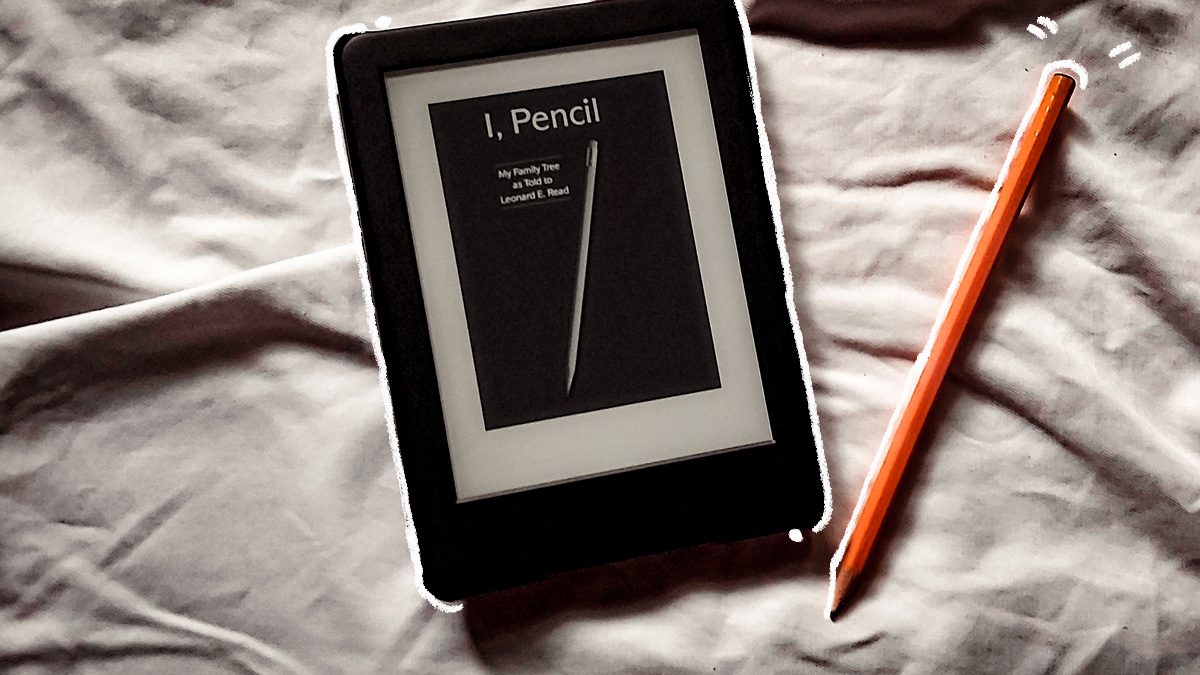“I, Pencil: My Family Tree As Told to Leonard E. Read” is an exciting parable I have come across this year. This essay was written by Leonard Read, the founder of the Foundation for Economic Education (FEE), in 1998, from a pencil’s point of view. The pencil explains its creation’s complexity, from the design of its components such as cedar, graphite, lacquer, ferrule, etc.
The article employs an exaggerated tone in describing the significance of each individual engaged in creating a pencil. The chemist, the machine worker, the ship that transported the graphite, the lighthouse that helped the ship safely arrived have contributed to it. To any reader, this appears to be an extremely far-fetched description. Nonetheless, there are some intriguing concepts that the writer attempts to convey throughout the article.
The know-how is a combination of effort and skills
In a shared knowledge-based economy, the know-how necessary to create a product or provide a service is constantly distributed among millions of people we never consider. Many individuals are engaged in producing a simple object such as a pencil to demonstrate each individual’s economic value. Such economies are typically tricky to plan. The economist Friedrich Hayek writes in his article “The Use of Knowledge in Society” that the issue was never if we should or not plan the economy; it was whether planning should be done by a single authority or distributed among many individuals.
The absence of the government or a mastermind
In Leonard’s theory, even in the absence of a government, the economy will find its free automotive need of making a product or a service with the demand. We are only delusional that we need someone in authority to tell us what to do next. Countries like Hong Kong, Singapore, New Zealand, etc., would be great examples of successful free-market economies.
The faith in an unplanned, free economy
The lesson is that freedom does work. Leonard says, “leave all creative energies uninhibited.” The government shall not try to plan the economy. That will encourage people to use their skills and labor to build the economy. As long as we remember the saying: “Too many cooks spoil the soup,” free-market will work.
Related posts
Archives
- May 2024 (1)
- June 2023 (1)
- May 2023 (3)
- January 2023 (1)
- December 2022 (1)
- July 2022 (1)
- June 2022 (7)
- May 2022 (1)
- April 2022 (1)
- March 2022 (2)
- February 2022 (2)
- December 2021 (1)
- October 2021 (2)
- September 2021 (11)
- August 2021 (25)

